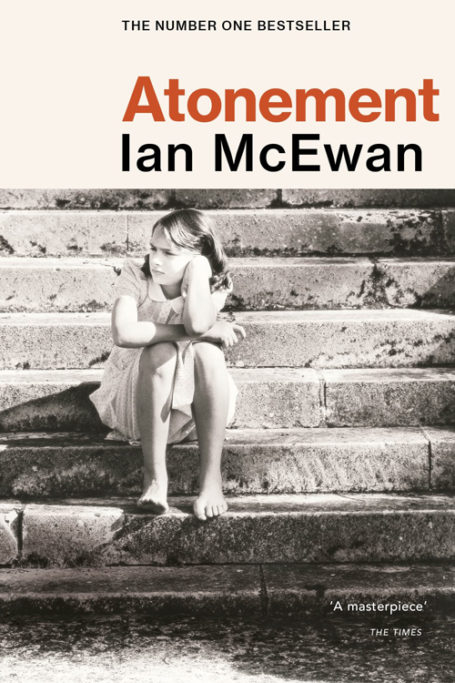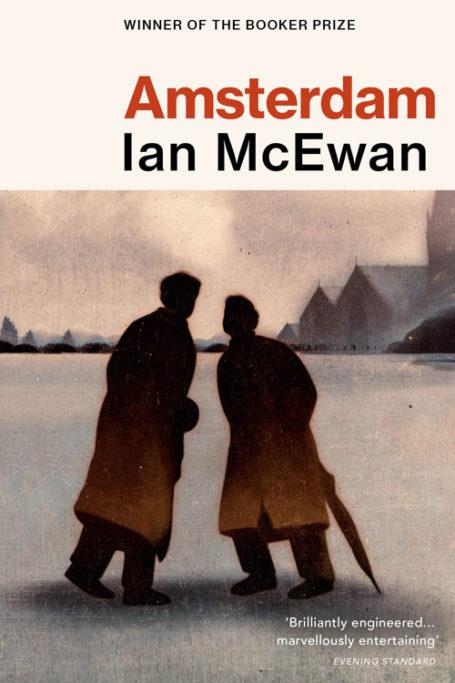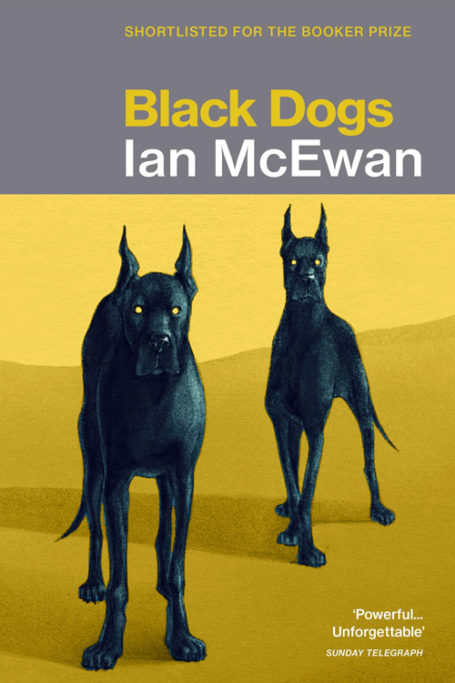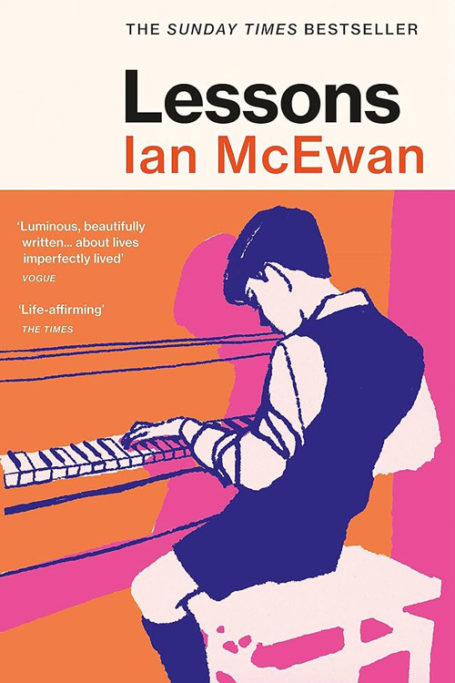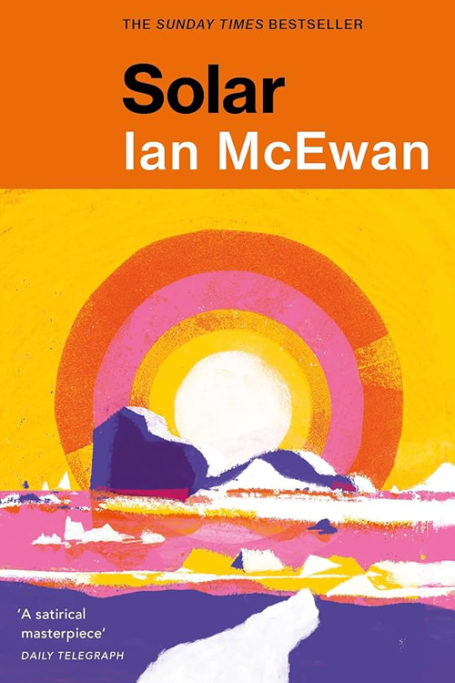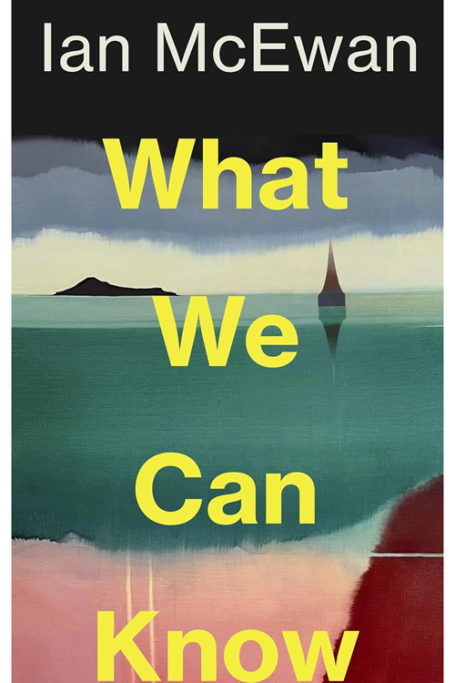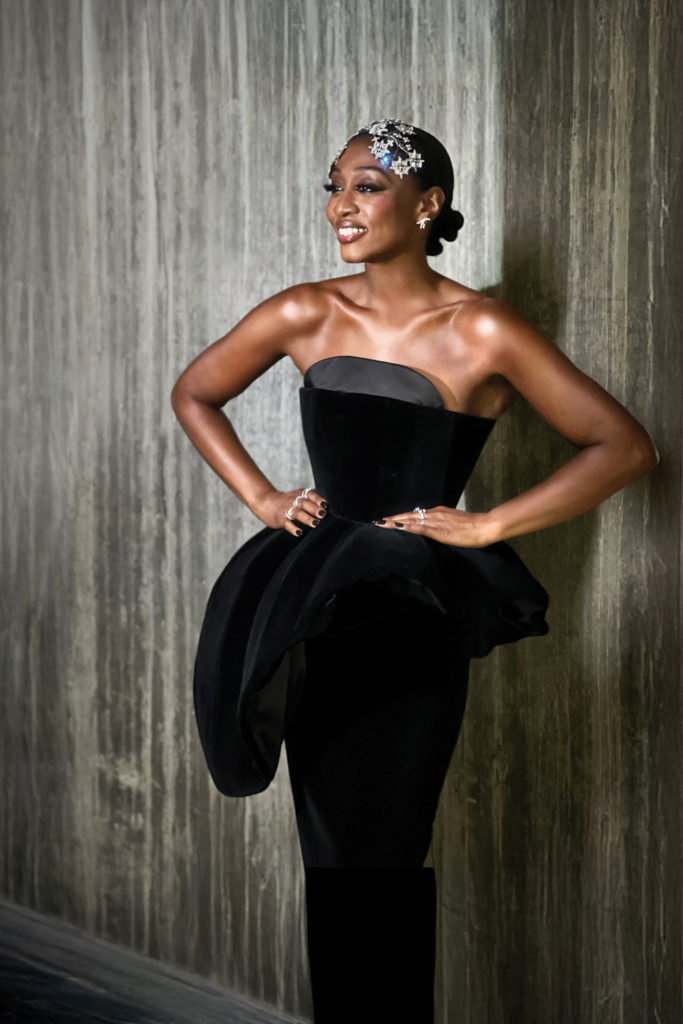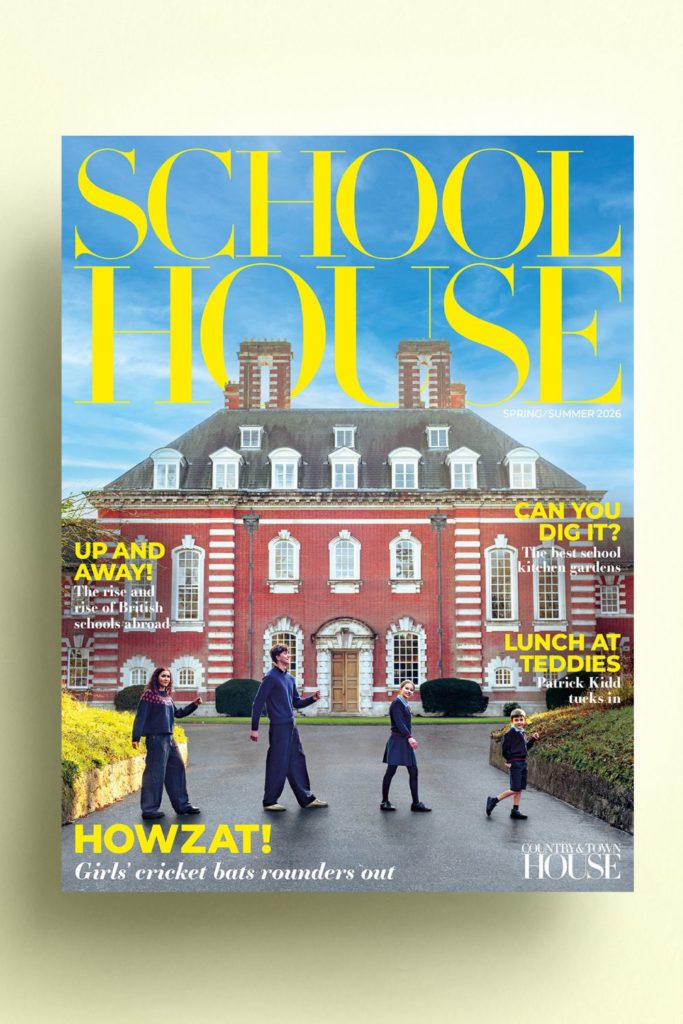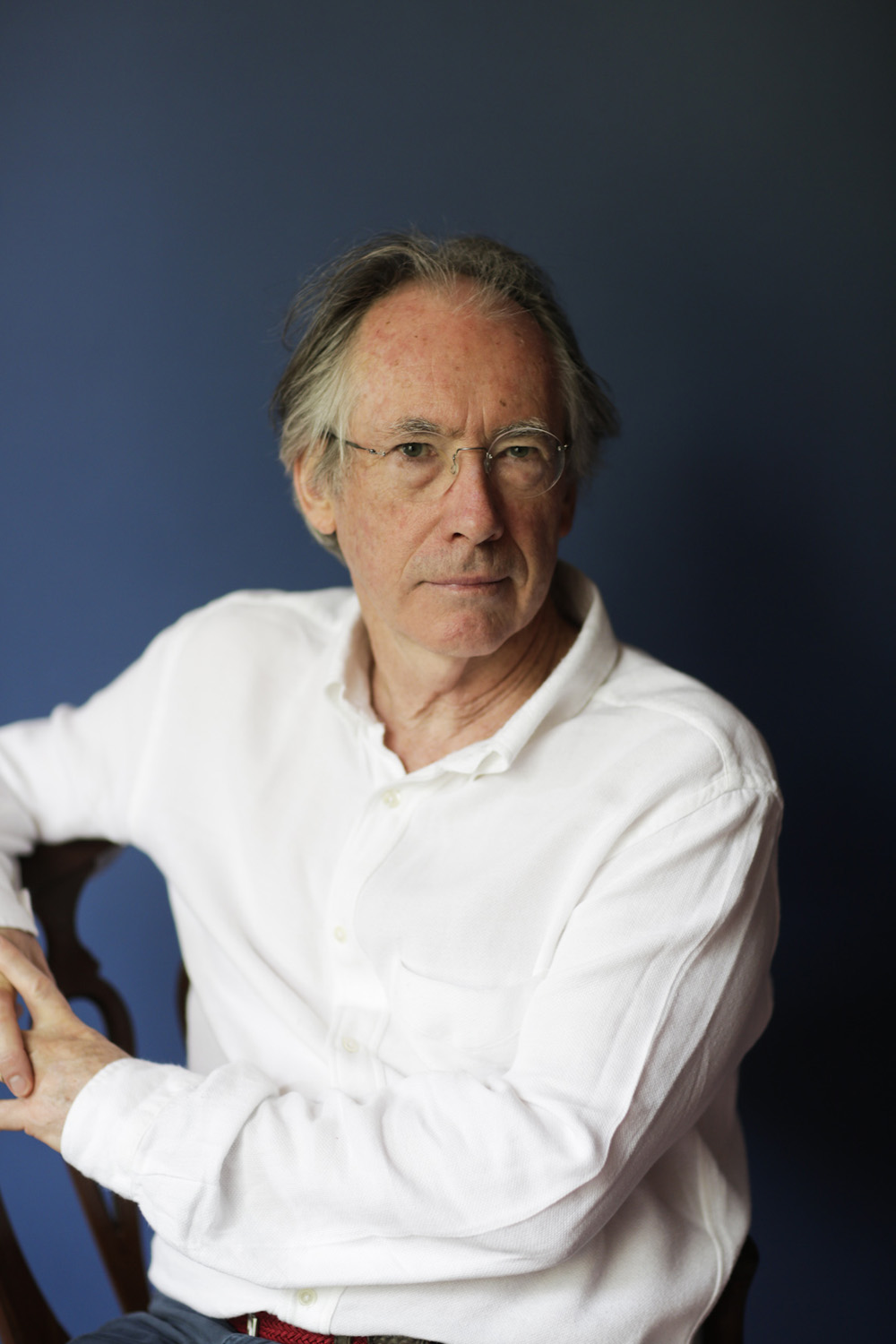
A Guide To Ian McEwan’s Work: 5 Places To Start
By
6 months ago
Catch Ian McEwan in conversation with George Monbiot at Chelsea Arts Festival in September
On 18 September, Ian McEwan’s newest work, What We Can Know, will hit the shelves. And that very same evening, the author will take to the stage, joining fellow author and environmentalist George Monbiot at Cadogan Hall to take us between the pages as part of the inaugural Chelsea Arts Festival. What We Can Know flashes forward to Britain 2119, now an archipelago as climate-driven seas flood the lowlands. At the University of the South Downs, one scholar discovers an intriguing fragment of poetry performed just once in 2014 – a discovery that sets a chain of revelations into action.
Like much of McEwan’s oeuvre, What We Can Know questions who we as human beings really are, and where we are going, this time backdropped by a terrifying future. It joins a back catalogue boasting Booker Prizes and Oscar winning film adaptations. He is recurrently named one of Britain’s very best living writers, with more than 20 novels, short stories and screenplays to back him up.
Ahead of his talk at Chelsea Arts Festival, it’s time to brush up on your McEwan reading. Here are five places to start.
Atonement (2001)
Widely cited as his magnum opus, if you intend to read just one Ian McEwan novel, make it Atonement. Shortlisted for the Booker Prize in 2001 and adapted into an Oscar-winning film starring James McAvoy and Kiera Knightley in 2007, we centre on Briony Tallis and how one of her innocently childlike acts as a child reverberates through decades, tearing lives apart in its wake. Backdropped by WWII, it’s ambitiously inventive and seductively surprising, at once a very-English country house drama and a sprawling consideration of memory and regret.
Paperback, £9.99
Amsterdam (1998)
McEwan has been nominated for the Booker Prize six times, but he’s only walked away with the trophy once, and that was for Amsterdam. This compact, tightly plotted novel opens at the funeral of Molly Lane, the unconventional former lover of our two protagonists: classical composer Clive Linley and newspaper editor Vernon Halliday. Former best friends facing occupational crises, Amsterdam is a dark tragicomic analysis of mortality, hypocrisy, friendship and betrayal.
Paperback, £9.99
Black Dogs (1992)
Another Booker Prize shortlisting, McEwan himself cites Black Dogs as his own favourite novel, treading the lingering shadows of history, the nature of evil, and the enduring tension between rationalism and spirituality – all backdropped by the fall of the Berlin Wall in 1989. We centre on a broken marriage between Bernard and June Tremaine, dissected by their son-in-law Jeremy.
Paperback, £9.99
Lessons (2022)
To learn more about McEwan himself, his most recent work, Lessons, is as autobiographical as he gets. Beginning in post-war Britain, young Roland Baines finds himself trapped at an unusual boarding school 2,000 miles from home. Tracing Baines’ life from then until his final days, this bildungsroman paints a portrait of our times, including the Suez Crisis, the Cuban Missile Crisis, climate change and pandemic in its brushstrokes.
Paperback, £9.99
Solar (2010)
Ahead of What We Can Know, pick up Solar, McEwan’s first novel exploring the climate crisis. A dark comedy spanning the Arctic Circle to the deserts of New Mexico, Solar centres on a Nobel Prize winning physicist whose professional and personal worlds collide in a freak accident.
Paperback, £9.99
What We Can Know (2025)
Ian McEwan’s latest novel will be published on 18 September 2025.
Hardback, £22
George Monbiot Meets Ian McEwan
Part of Chelsea Arts Festival 2025. Join both authors from 7.30pm on 18 September 2025 at Cadogan Hall (5 Sloane Terrace, London SW1X 9DQ).
Tickets start from £45pp and include a copy of What We Can Know, with an opportunity to get it signed after the event.


